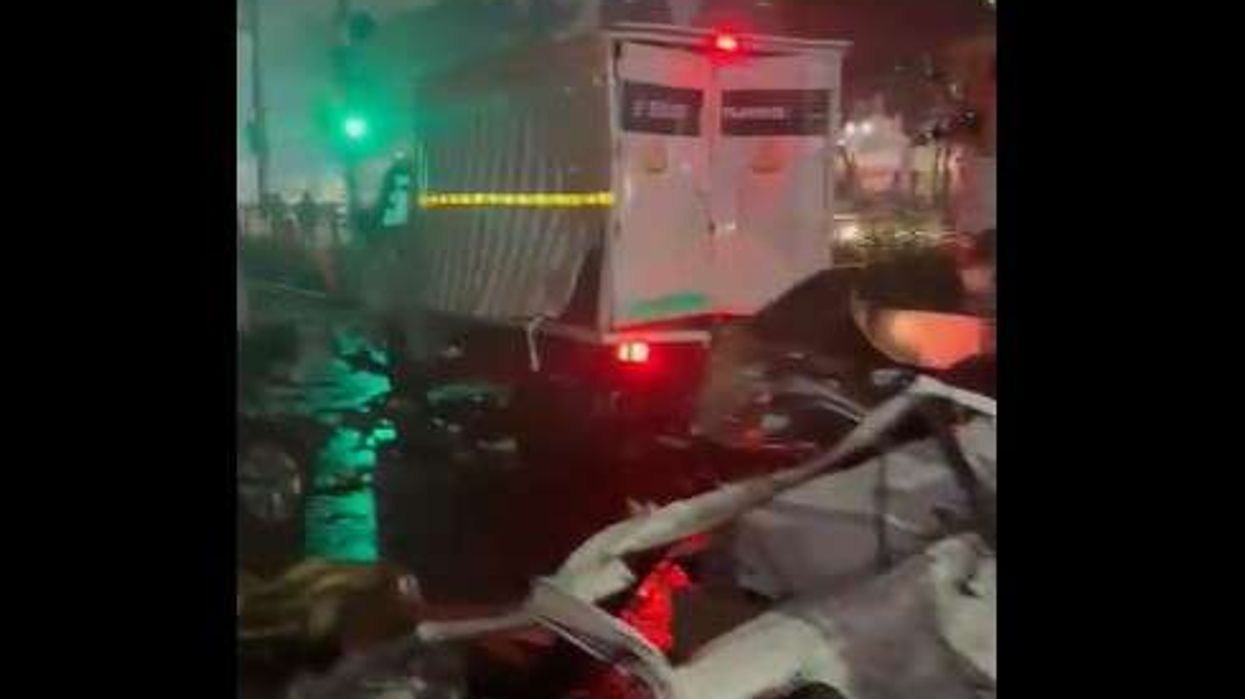INDIA’S Prime Minister Narendra Modi lashed out at Pakistan today (24) accusing it of “exporting terrorists” after a deadly attack on an army base that New Delhi has blamed on Pakistan-based militants.
Modi’s comments were the latest in a war of words between the neighbours over escalating tensions in Kashmir, where 18 Indian soldiers were killed last week in the worst attack in the region for over a decade.
“This is the only country that is exporting terrorism in all corners,” Modi said, without directly naming Pakistan, in his first public comments since the attack.
“Wherever there is news of terror, there is news that either the terrorist first went to this country or later, after the incident, like Osama Bin Laden,” he said addressing a rally in Kerala.
Addressing the Pakistani people directly, he added: “We both gained independence in the same year but (today) India exports software and your leaders export terrorists.”
India regularly accuses Pakistan of arming and sending rebels across the heavily militarised border that divides Kashmir between the two countries, to launch attacks on its forces. Islamabad denies the claims.
The Indian army has blamed the latest attack on Pakistan-based militant group Jaish-e-Mohammad, which was also implicated in an audacious attack on an Indian air force base in Pathankot in the northern state of Punjab in January that left seven soldiers dead.
That attack dashed hopes of a revival of peace talks, which have been on ice ever since.
Last Wednesday (21), Pakistani Prime Minister Nawaz Sharif told the UN General Assembly that Pakistan wanted peace but New Delhi was an obstacle to talks.
Kashmir has been divided between India and Pakistan since the two gained independence from British rule in 1947. Both claim the territory in full and have fought two wars over the region.
Last Sunday (18), Modi seemed to appeal for calm among some of his supporters who have called for a muscular response against Pakistan in the wake of the latest attack.
“India is ready for a war, but let us fight a war on poverty, unemployment and let’s see who wins first, India or Pakistan,” he said.
He also noted that the army had foiled 17 infiltration attempts across the border, killing 110 “fidayeen (suicide) terrorists” in the last few months.
Modi warned Islamabad that India would continue to push to make Pakistan a pariah state in the eyes of the international community.
“We will intensify it (our efforts) and force you to be alone all over the world,” he said.
(AFP)












